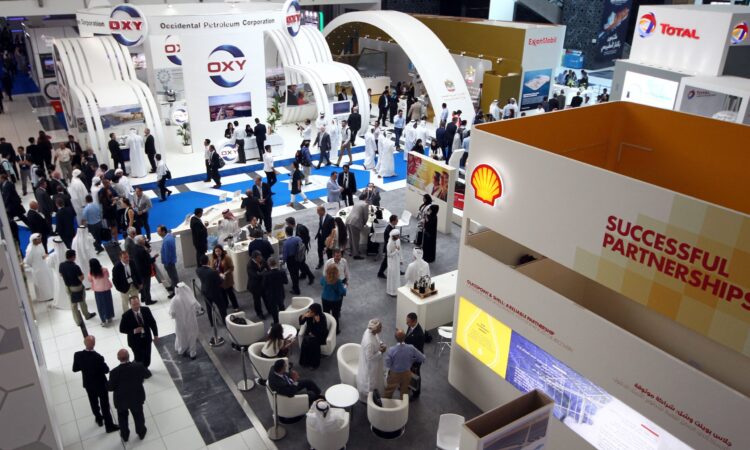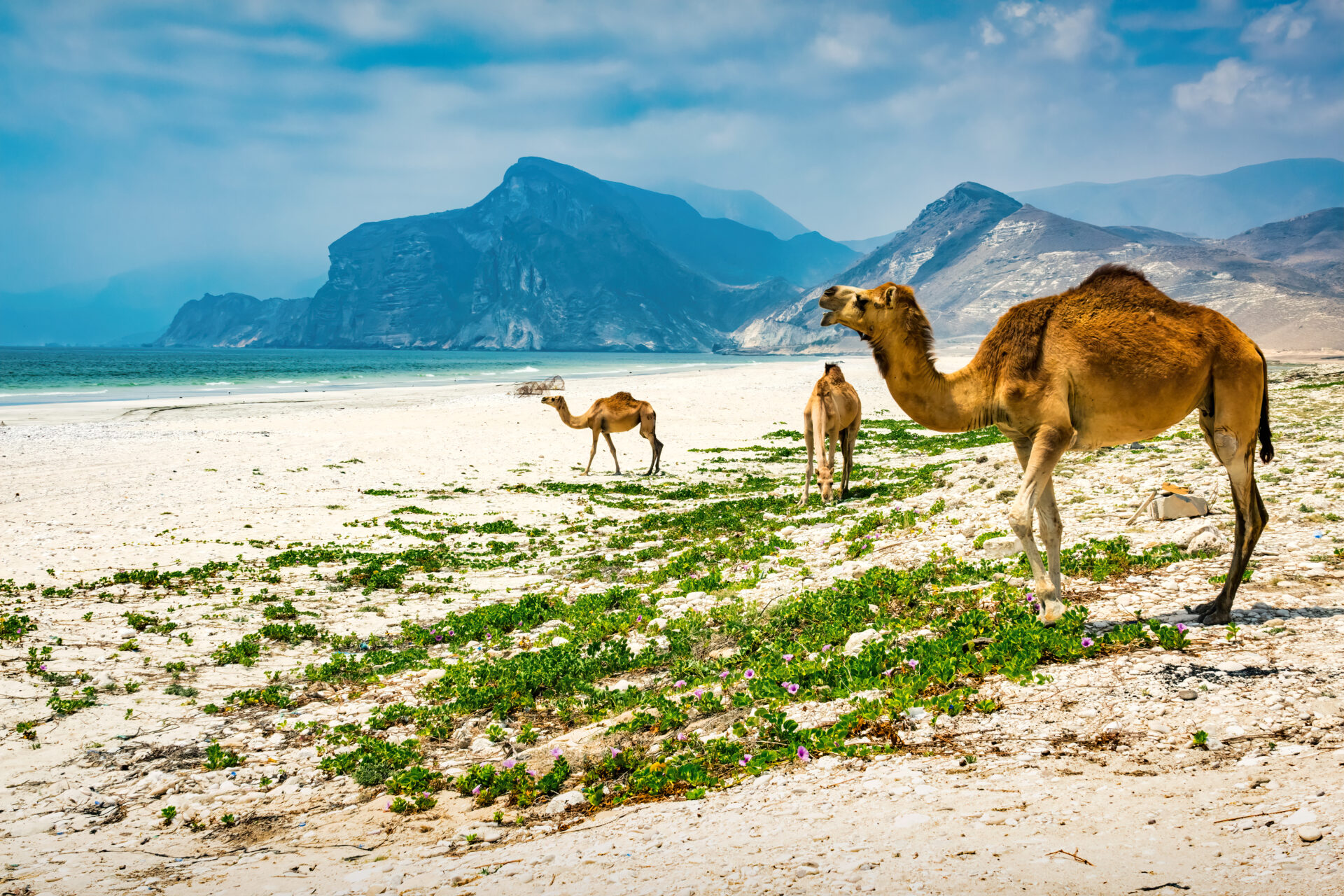
The massive surprise attack by Hamas and Israel’s retaliatory bombardment of the Gaza Strip scrambled the latest hopes for Middle East peace. As the death toll of Israelis and Palestinians continues to rise, with threats looming of a bloody ground war, investors are recalibrating their expectations about Israeli markets and the conflict’s impact on the region.
Israel’s blue-chip TA-35 stock index plunged 6.5% in Sunday trading, its worst drop in three years, as Prime Minister Benjamin Netanyahu’s security cabinet formally declared war on Hamas, considered a terrorist organization by the U.S. and European Union. Stocks also fell in Saudi Arabia and Egypt, while oil prices rose. The Israeli shekel, which fell to a seven-year low last week against the dollar, is likely to continue its descent amid concerns about how a prolonged war will affect the economy.
After warning that Israel’s political crisis over the past nine months may boost investor risk, Moody’s is preparing an updated report for release next week that will probably include projections of economic damage from war in Gaza. Investors are also watching the Israel-Lebanon border where the Iranian-backed Hezbollah militia is threatening to open a second front, armed with an estimated 150,000 missiles ready to fire across the frontier.
Saudi Arabia’s public acknowledgement that it’s engaged in U.S.-backed normalization efforts with Israel was also dealt a setback. Israel’s promise to launch a crippling response against Hamas and the likelihood that many more Palestinians will die in Gaza may inflame the Muslim world, making it tougher for Saudi leaders to establish open ties with Israel.
Natural disaster in Morocco hasn’t prevented the World Bank and International Monetary Fund from holding their annual meetings this week in Marrakech. Taking place one month after a 6.8-magnitude earthquake killed more than 2,800 people, the conference will host finance ministers, central bank chiefs and other senior leaders from 190 member-countries. Bankers and investors will be among the 14,000 expected for the six days of meetings starting on Monday.
Prominent on the agenda in Marrakech, the first time in 50 years that the World Bank and IMF meetings have taken place in Africa, are efforts to fight poverty and stimulate growth in the continent’s 54 countries. Led by World Bank President Ajay Banga of the U.S. and IMF Managing Director Kristalina Georgieva, a Bulgarian, the meetings will also concentrate on fostering recovery from the global economic slowdown, the impact on world markets of Russia’s invasion of Ukraine, and strategies to stop global warming.
Welcome to The Weekly Circuit… and get ready for The Daily Circuit. As we prepare to introduce our new daily edition to paying subscribers, this free weekly newsletter will be sent on Wednesday instead of Monday. Look for the next edition on Oct. 18.
Spread the word! Invite your friends to sign up.👇
DIGITAL OASIS
Oman bets big on cryptocurrency mining despite Bitcoin’s volatility

For the last two years, the market value of Bitcoin has been on a rollercoaster ride, the volatility leading institutional investors and regulators to question the cryptocurrency’s long-term viability. But look to the Gulf countries and a different story is taking shape, The Circuit’s Kelsey Warner reports.
Cheap energy: The United Arab Emirates and Oman are looking seriously at regulating digital assets while crypto firms are flocking to Dubai to set up shop. Oman, for its part, is betting big on cryptocurrency mining. Observers say a cooler climate in Salalah, in the south, compared to elsewhere in the desert region, as well as business-friendly regulation and cheap energy could help it succeed.
Crypto farm: In August, the oil-rich country announced close to $800 million in investments in crypto-mining operations, including $300 million with Abu Dhabi-based Phoenix Group to develop a 150-megawatt crypto-mining farm with Green Data City, Oman’s first licensed crypto-mining entity, slated to go online next year. Weeks earlier, Muscat approved a $370 million farm operated by Exahertz International.
Beyond oil: Oman is looking to diversify beyond fossil fuel revenues under its “Vision 2040” economic agenda, which focuses on the buildout of modern energy and telecommunication infrastructure that aims to attract foreign investment and create knowledge-worker jobs.
Well-suited: “Crypto might be uniquely suited to Oman’s policy style to diversify its trading partners and sources of non-hydrocarbon income,” Sam Blatteis, CEO and co-founder of the MENA Catalysts, a government relations firm for tech companies, told The Circuit.






